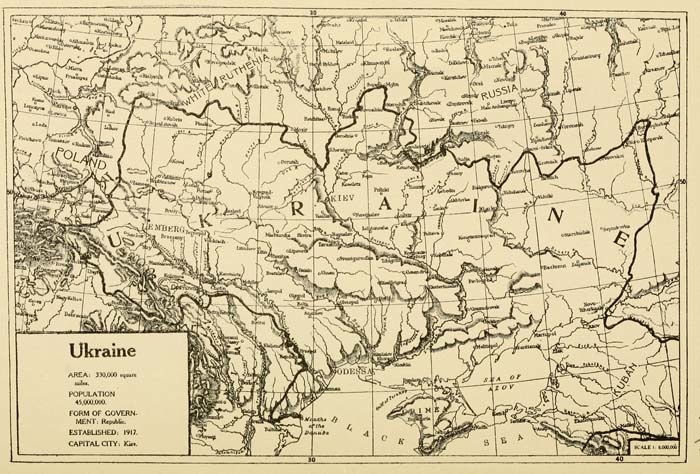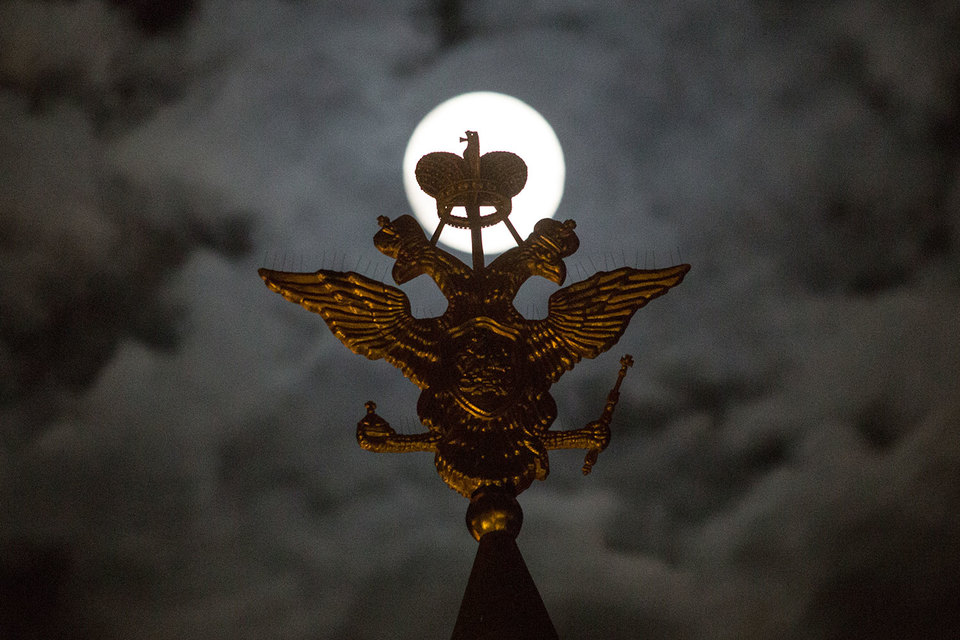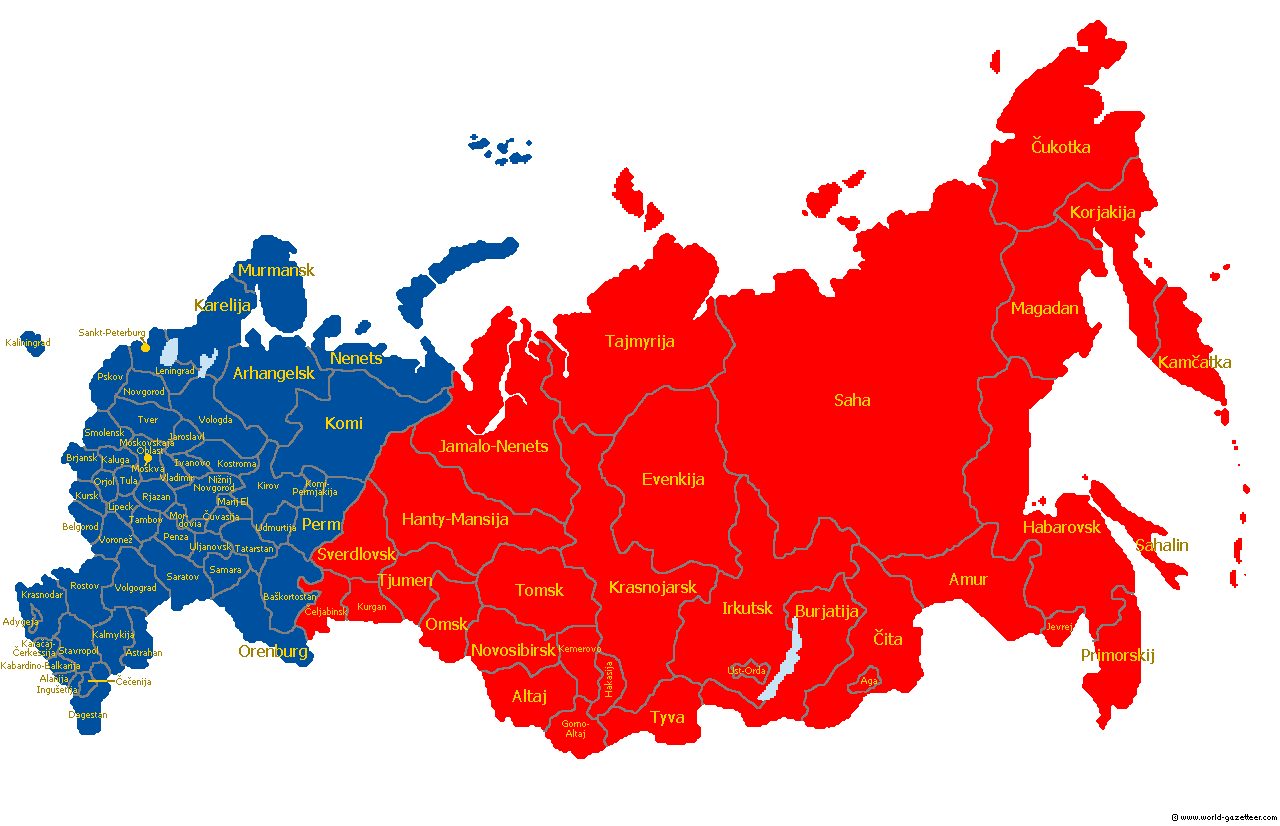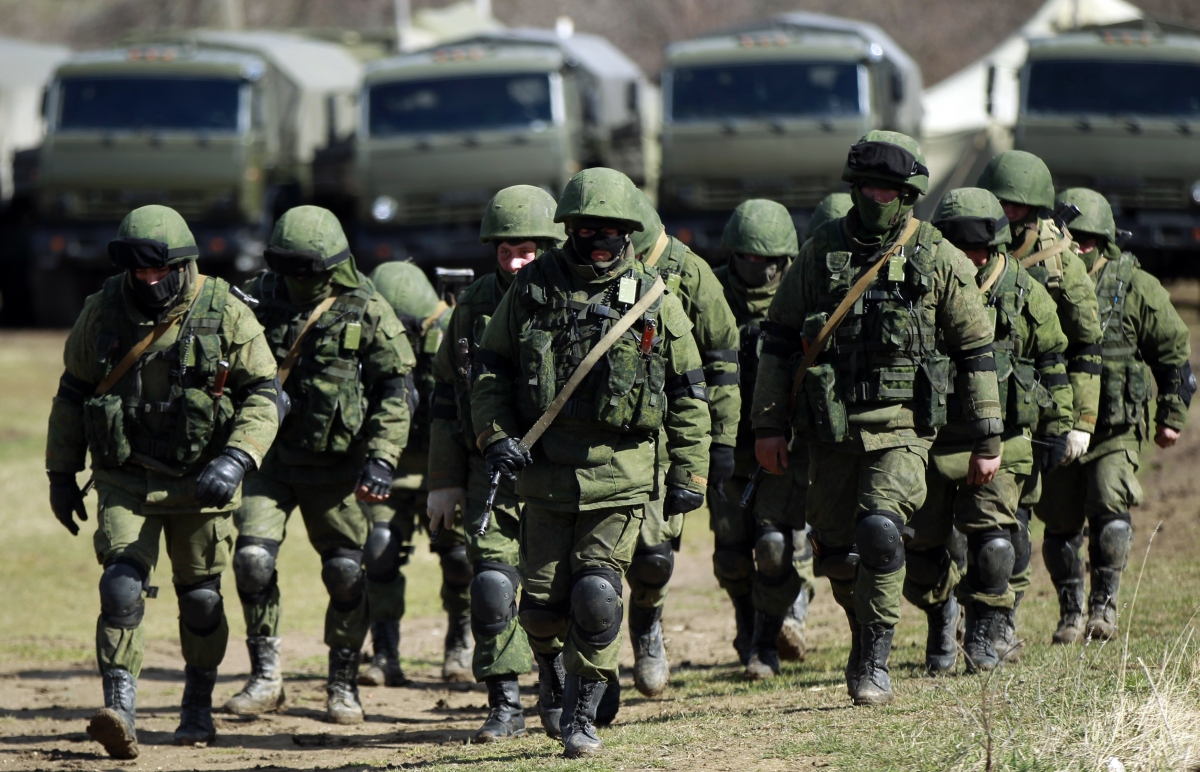Reacting to recent statements by Kyiv officials about portions of Russia being historically Ukrainian, Russian commentators say that under certain conditions, the Kuban, one of these regions, might become an independent country but they and Russian officials say it will never be part of Ukraine.
Veniamin Kondratyev, the governor of Krasnodar Kray which is often referred to as the Kuban, says that “Kuban never was and never will be Ukrainian.” Ukrainian officials like Infrastructure Minister Vladimir Omelyan now and Donetsk Administrator Pavel Zhebrinsky last July who say otherwise simply don’t know their history.
It is true, Russian commentators say, that during the Russian civil war, there really was a Kuban Peoples Republic and that some of its leaders talked about creating a federation with Ukraine, but even then Cossacks formed only 43 percent of that territory and not all of them were resettled from the Zaporozhye region. Many were Don and Terek Cossacks.
But since that time, Russian analyst Pavel Polubota says, “much water has flowed under the bridge,” dramatically changing “both the ethnic composition of the residents of Krasnodar Kray and the mentality of the descendants of the Cossacks.” He does not mention the Soviet genocide of the Cossacks in the 1920s, but that played a major role in this regard.
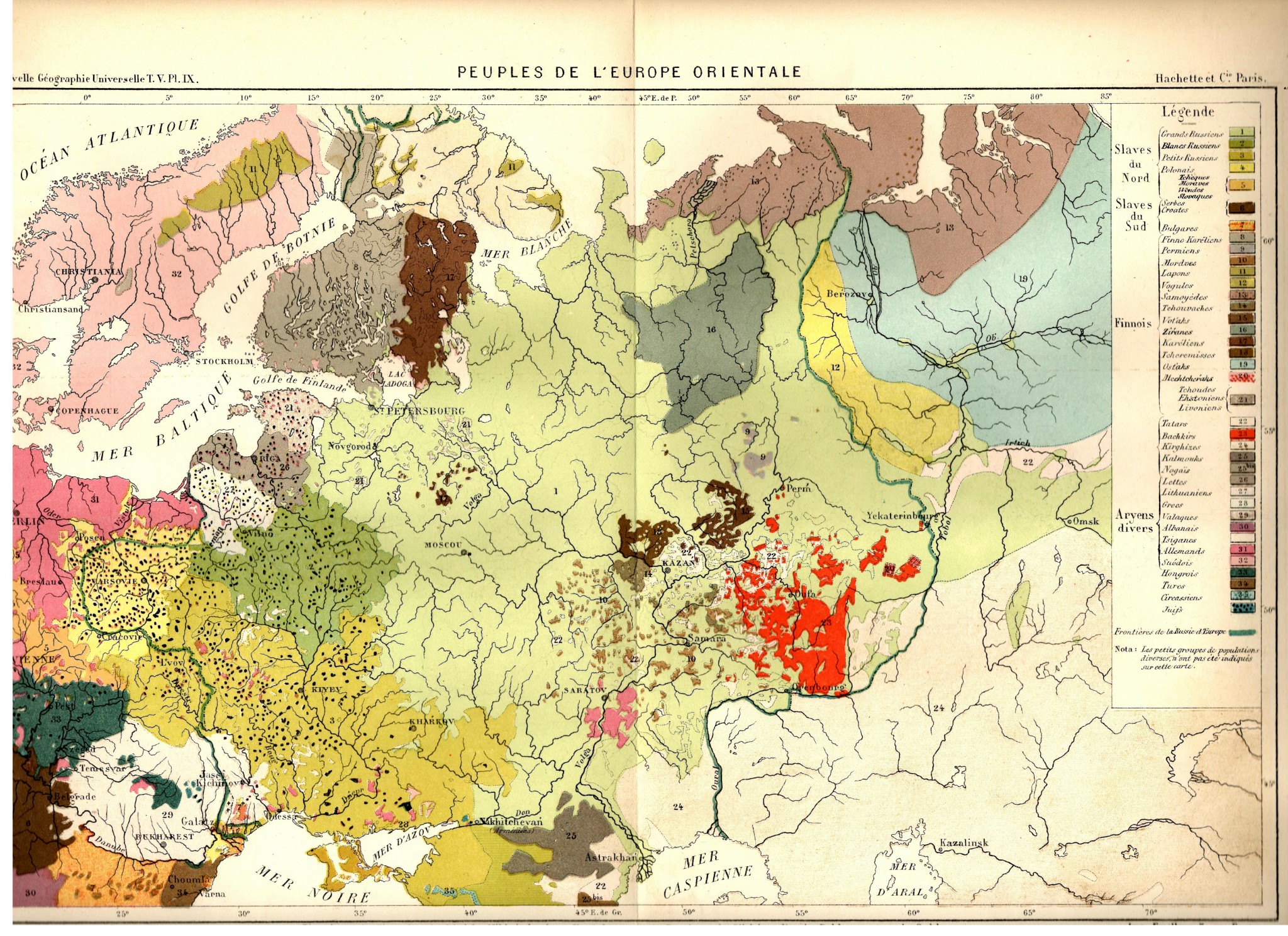
Russian analysts argue that Ukrainians are now talking about Ukrainian territories in Russia to cover Kyiv’s failures at home. Aleksey Anpilogov, a Russian historian, says that in addition, Ukrainian leaders seek to push back the rise of the Ukrainian nation to the time of the dinosaurs even though he says that people arose only in the second half of the 19th century.
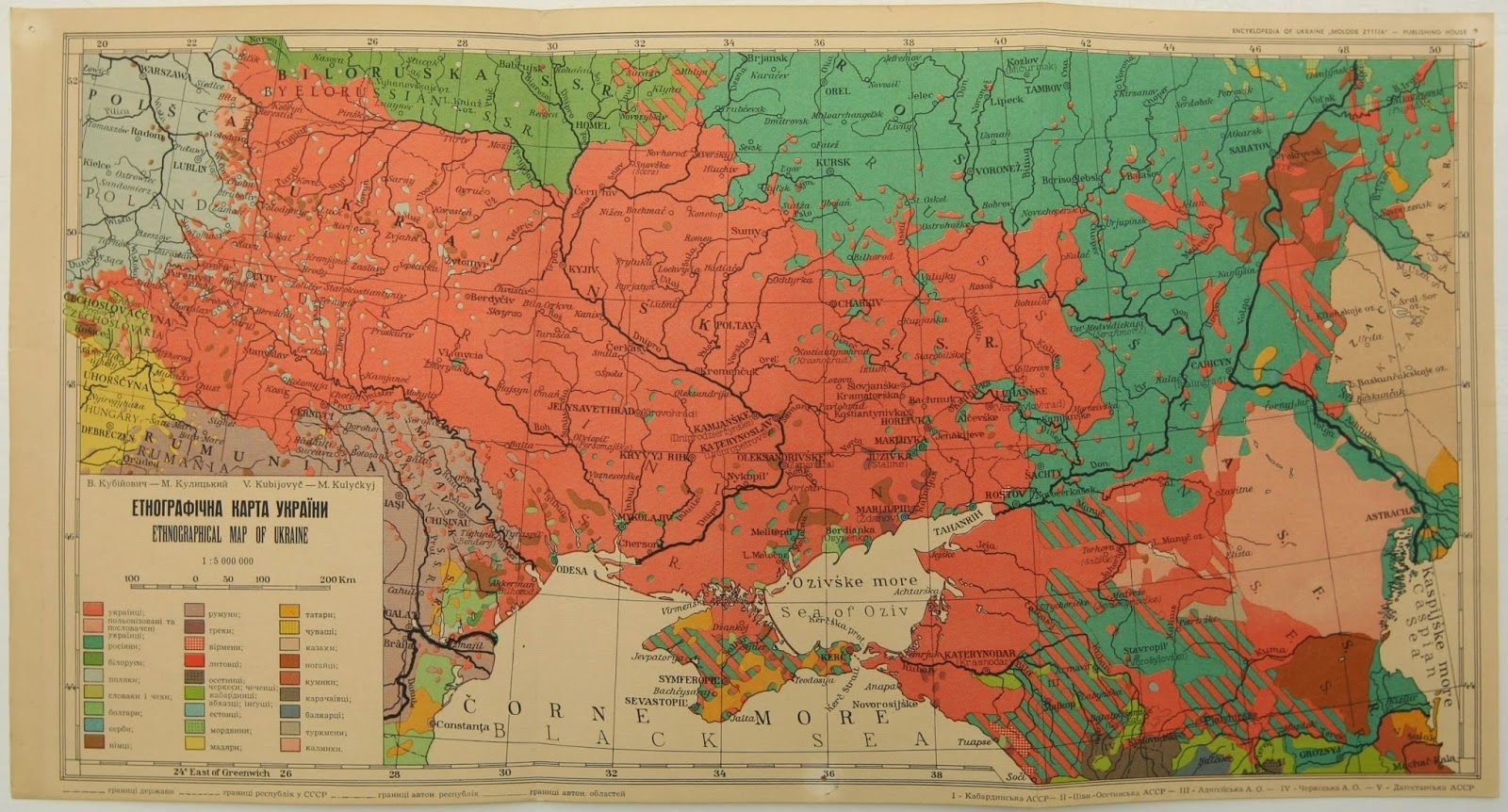
In this effort to promote the idea of a greater Ukraine with a golden age in the past, Ukrainians like to talk about territories in the Russian Federation as being part of the patrimony of the Ukrainian nation, the historian says. In this, they are supposedly only displaying their historical incompleteness and Nazi-like tendencies.
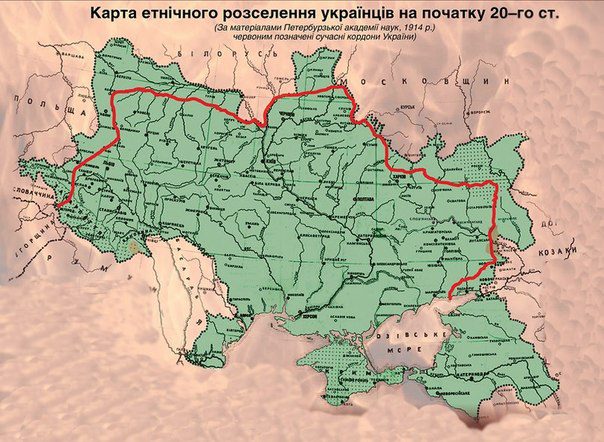
“As far as the specific situation in Krasnodar Kray is concerned,” Anpilogov says, “one must understand that the current residents of this region even in their nightmares do not want to be citizens of Ukraine. Even in the event of the radical weakening of the central power in Rus and the rise of separatist tendencies in Kuban, this would have no relationship to Ukraine.”
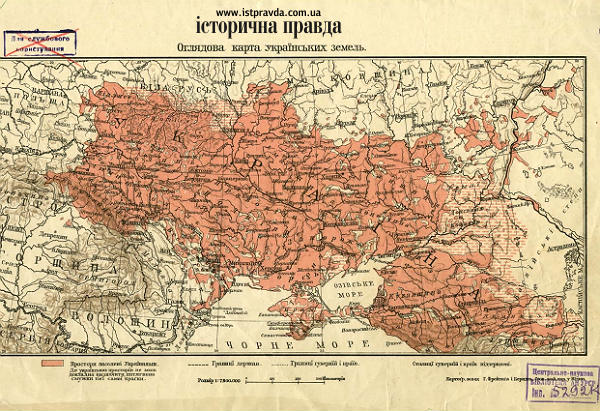
In fact, there are many portions of the Russian Federation where there are significant ethnic Ukrainian communities, areas that Ukrainians call “wedges.” The most famous of these is in the Russian Far East where Ukrainians moved at the end of tsarist times, but there are others, including in the Kuban.
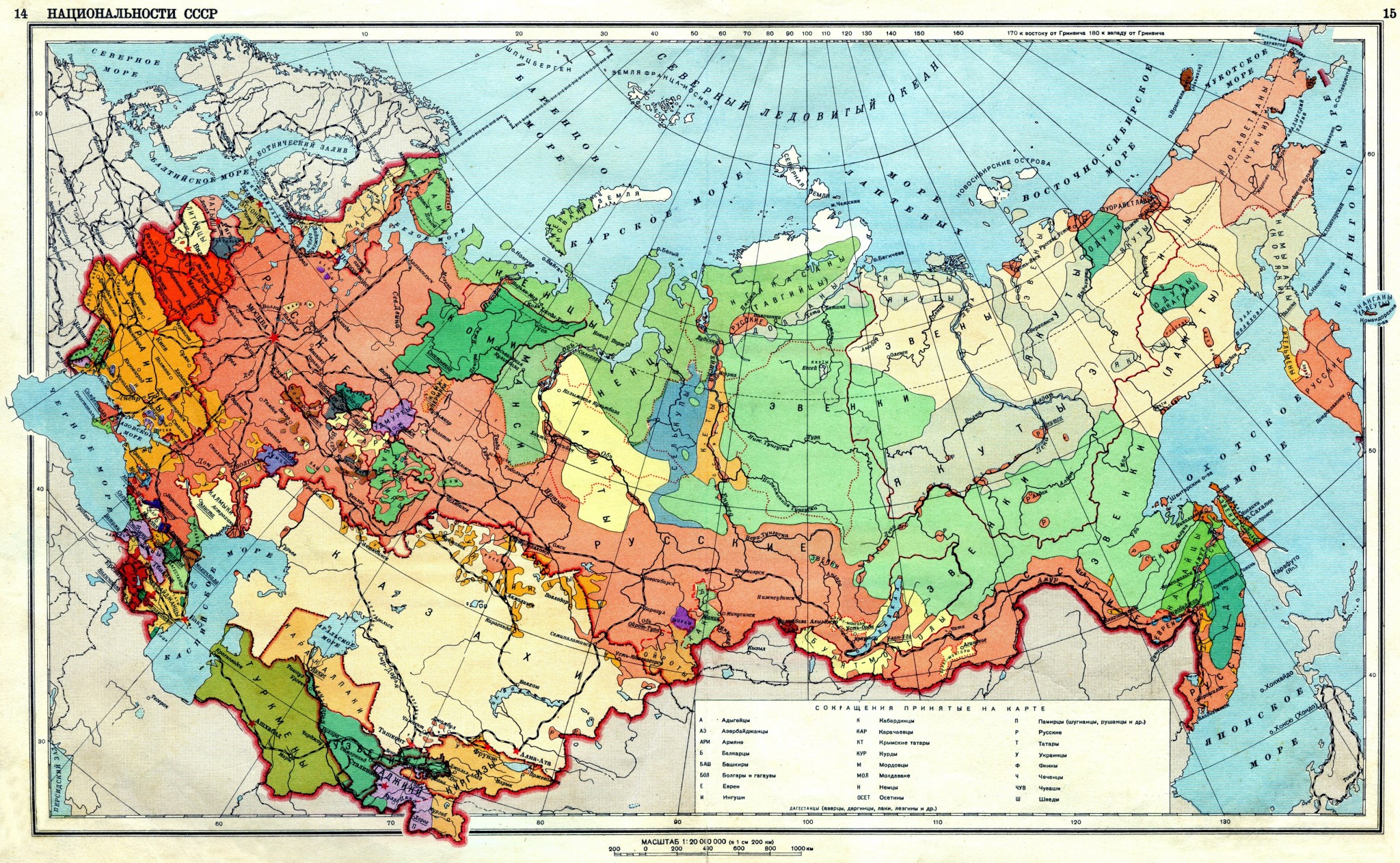
Moscow has done everything it can to undercount the Ukrainians in these locations and to suppress Ukrainian culture and identity there, not just since 2014 but for decades. (On this, see the sources cited in "Moscow deliberately undercounting ethnic Ukrainians in Russia, Kyiv official says.")
Of course, ethnicity doesn’t define citizenship or state borders, but given Moscow’s continuing invocation of the presence of ethnic Russians in Ukraine as justification for its actions, it is appropriate that Kyiv return the favor and point to the large Ukrainian regions in Russia ("A real ‘wedge’ issue: Ukrainian regions in the Russian Federation").
Related:
- A real ‘wedge’ issue: Ukrainian regions in the Russian Federation
- Moscow deliberately undercounting ethnic Ukrainians in Russia, Kyiv official says
- Making Ukraine mono-ethnic – Putin’s greatest achievement and most fateful failure
- Moscow seeks to discredit Russian protests by suggesting Ukraine is behind them
- Secret ancestral codes: 12 main symbols in Ukrainian embroidery

